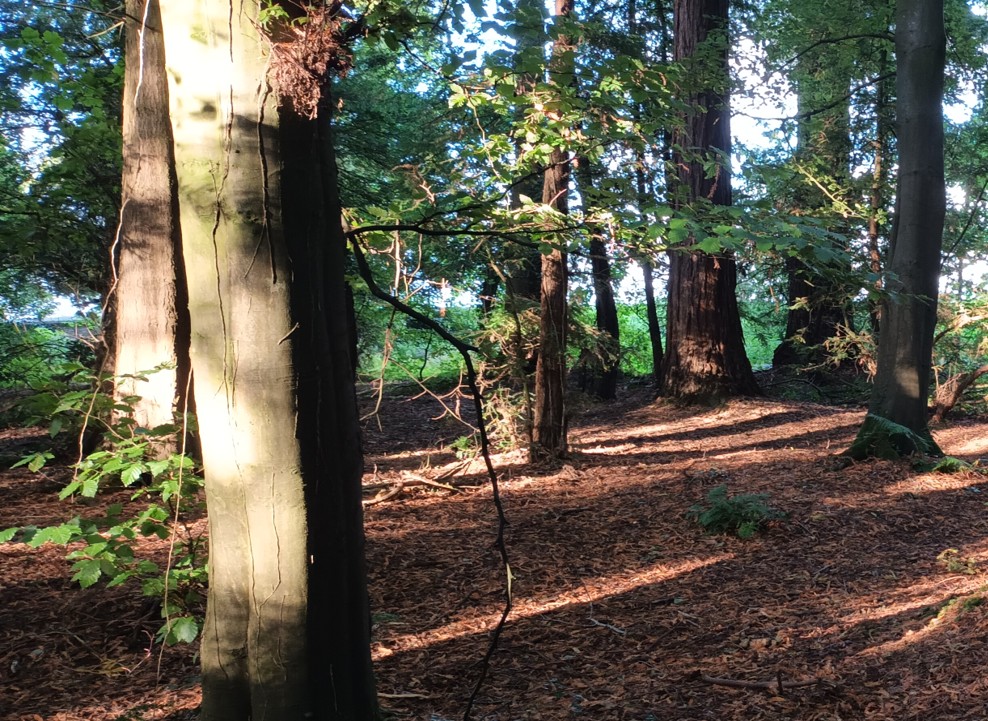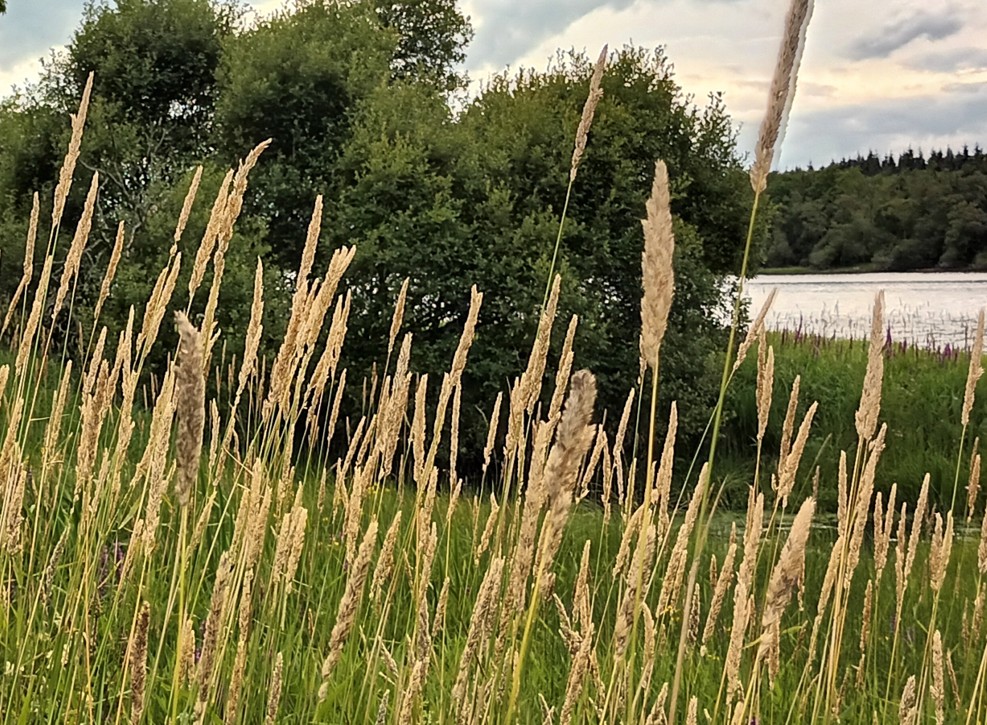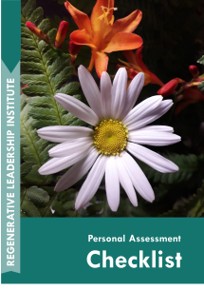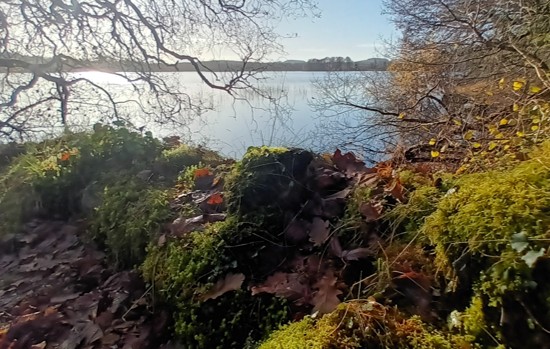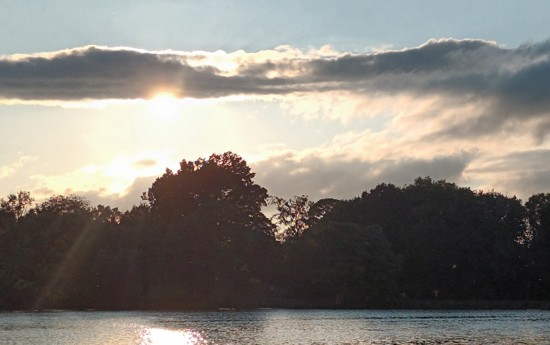The Planet is Everyone's Problem
Climate change is not a localized!
Global warming and climate change is not a localized phenomenon or someone else’s problem. Its impacts are being felt across the globe. Weather conditions can now rapidly swing from heatwaves with intolerably high temperatures to torrential rain and flash floods. The human toll includes illness and loss of life, destruction of homes and workplaces, and the collapse of infrastructure, making many areas uninhabitable or dangerous to live in.
These elements, together with the essential warmth of the sun, enable diverse life forms to be sustained across our planet. The sun also drives multiple dynamics such as photosynthesis in plants, climate and weather. It also helps in the production of vitamin D in human and animal life. Overall, these earthly and solar components comprise nature on our planet. They enable the complex interactions among diverse life forms to create ecosystems that in turn contribute to the sustainability of our natural environment.
Impacts of food supply
Changing weather patterns also impact on farming and fishing disrupting food production with shortages of supplies of produce pushing up prices and the overall cost of living.
Impacts on Eco-systems
Additionally, damage to natural ecosystems, such as forestry to produce clean air and bee populations and other insects that pollinate crops, threatens humanity. Even disease-regulating ecosystems where biodiversity ensures control over disease carrying species or vectors like mosquitos are failing, thus increasing the prospect of greater transmission of diseases like malaria.
Additionally, the progressive thawing of permafrost due to global warming releases stored greenhouse gases. This, combined with the increase in carbon emissions from human activities, disrupts the natural mechanisms that maintain a safe equilibrium. Consequently, the destruction of forests, which are vital for producing clean air and sustaining life, exacerbates the imbalance.
Personal Economic Losses
Livelihoods are being lost and climate related migration is on the rise putting pressure on host regions. or countries where international migration occurs. Within host communities’ pressures such as limited employment opportunities or strained infrastructural capacity including housing, health and social services for example, can be extremely challenging.
Social Inequality, Migrants and A Need for Regenerative Political Leadership Such pressures can lead to or exacerbate existing social inequality, especially where they perceive migrants gaining opportunities not available to them or gaining financial support when their own community thus far has been starved of much needed funding.
The result can be social unrest and even hostility towards incomers from local people who consider their status quo to be under threat, and they will become worse off.
In turn, political voting patterns have also been changing as voters seek to elect parties that are resistant to migration. Some such parties often demonstrate little interest in climate change initiatives or regenerative practices. Indeed, movement towards parties that promote a climate change denial ideology has increased in number creating further political and social fragmentation.
The outcome is a breakdown of collaboration across socio-political landscapes both within nations and internationally, undermining the efforts to curb environmental destruction and causing the problems to spiral further.
Click on the image below to download our Regenerative Leadership Personal Assessment to discover your readiness for regenerative Leadership practice...
Regenerative Leaders
Regenerative Leaders In contrast, recognise the interconnectedness not only within natural ecosystems but also in man-made ecosystems such as the economy. Such multi-interconnectedness of natural and man-made ecosystems is a matrix of functionality. However, if any individual eco-system is thrown out of balance, it impacts them all.
